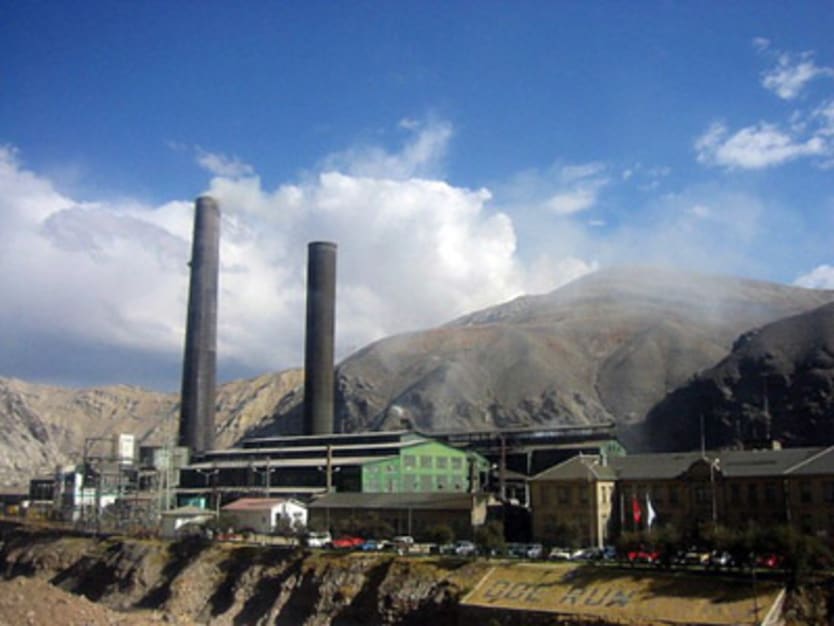
EDITOR’S NOTE: Bilateral Investment Treaties or BITs have many advantages, but are they good for inclusive development? Terra Lawson-Remer, Fellow for Civil Society, Markets and Democracy at the Council on Foreign Relations, writes about a case study in Peru.
On June 6 I wrote about the just-released UN High-Level Panel report on post-2015 development goals. The focus of the report on global partnerships for inclusive development — extending beyond aid, to tackle the basic rules of the global economy — got me thinking about a relatively arcane but increasingly important set of rules called Bilateral Investment Treaties. BITs are treaties between governments that guarantee foreign investors a number of rights, including protection against expropriation and limitations on capital controls and performance requirements, with the goal of promoting foreign investment by protecting investors from unfair and arbitrary treatment by capital-importing governments. These treaties also give private foreign investors the unique ability to bring suits against sovereign governments in binding international arbitration, called an ”investor right of action.” So, are these kinds of global economic rules good or bad for inclusive development?
On the one hand, many argue that BITs promote foreign investment, which brings growth — expanding the pie, growing the economy, and creating opportunities for the poor. On the other hand, opponents contend that BITs as currently designed disadvantage capital-importing governments and are ”antithetical to equitable and inclusive economic growth,” because in these treaties investors have all the rights and no corresponding obligations, which can make it very difficult for governments and citizens to hold transnational companies accountable for complying with social and environmental regulations.
These issues have now come to a head in the international arbitration case of Renco vs. Peru, concerning the notorious La Oroya metallurgical complex and smelter. Peru had sought to hold Missouri-based Renco Group Inc. accountable for the cleanup of the heavily polluting facility. Hundreds of children in La Oroya now suffer serious health effects caused by environmental contamination over the past decades, stemming from non-compliance with environmental regulations by the facility. In response to Peru’s regulatory actions, Renco filed an arbitration claim against the country under the U.S.-Peru Trade Promotion Agreement — claiming that Peru failed to grant the company extensions sufficient for it to meet its obligation, ultimately causing bankruptcy. A tribunal was finally constituted this April to hear the case. The U.S.-Peru Trade Promotion Agreement is one of many BITs signed in recent years, containing relatively standard template language, so this dispute makes a fascinating case study of the local development implications of global rules.
At the core, the question is whether BITs create a level playing field by protecting foreign investors from arbitrary, capricious, and unaccountable governments — or an uneven playing field by shielding foreign investors from important and legitimate social and environmental rules designed to protect the public and ensure that everyone shares in an expanding pie.
There are entrenched interests on all sides. The United States, in particular, has dug in in defense of the current BIT approach. Australia, on the other hand, is increasingly skeptical — now refusing to include the ‘investor right of action’ in future BITs.
The strong disagreements around BITs (just one small microcosm of global economic rules) suggest that those committed to the inclusive and sustainable vision of global development outlined by the HLP last week now face an uphill battle in transforming aspirational rhetoric into the binding global commitments necessary to make that vision real.
Edited for style and republished with permission from the Council on Foreign Relations. Read the original article.






